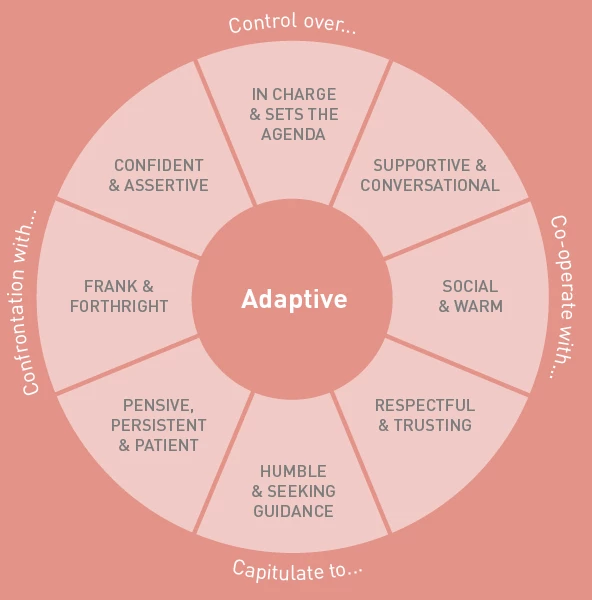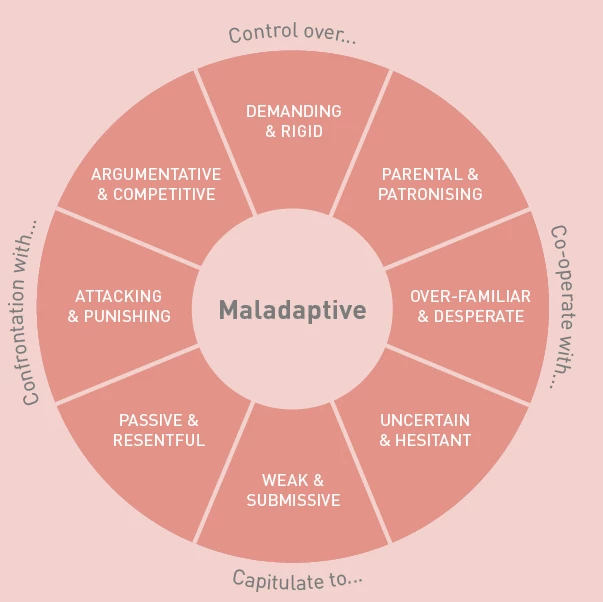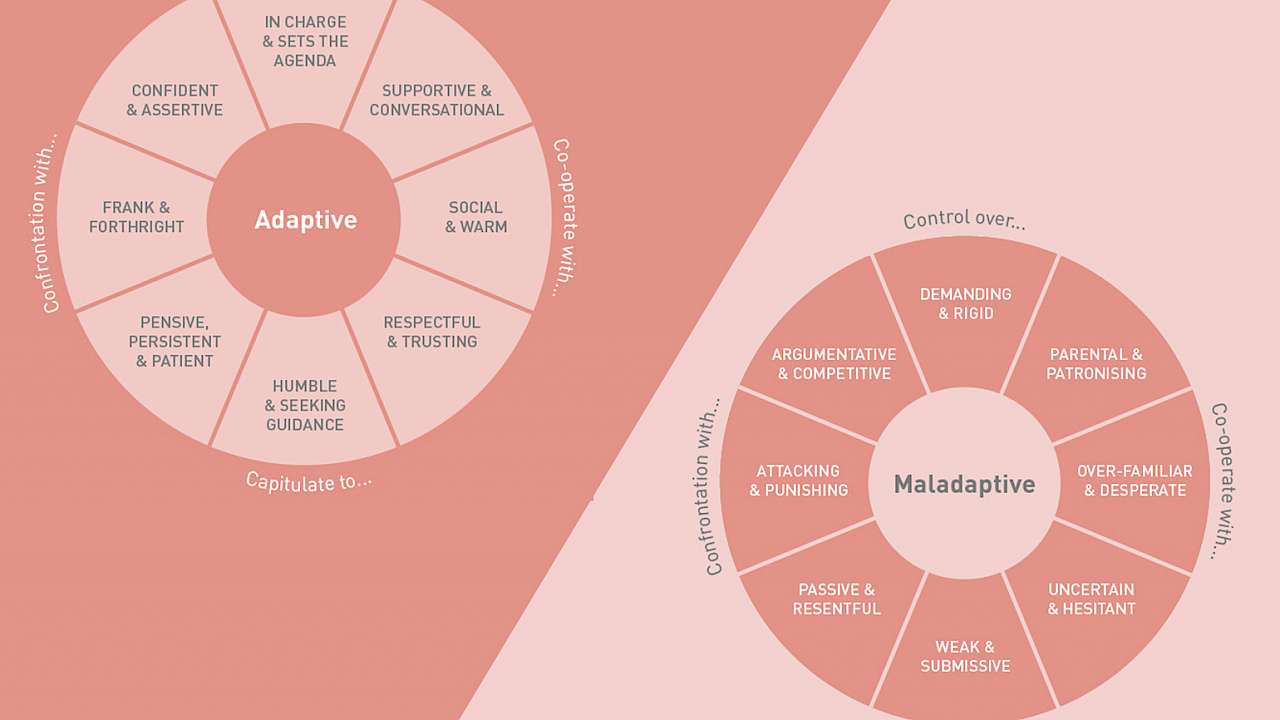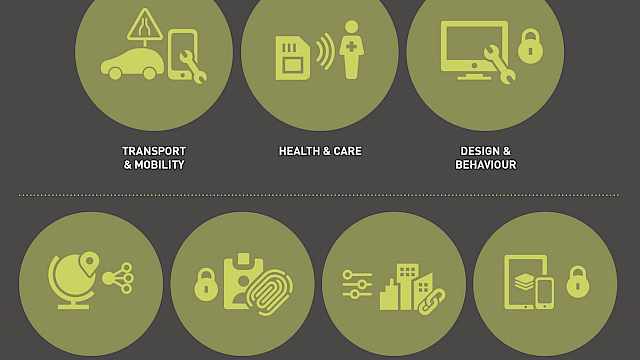Most of us find it easier to talk to and cooperate with people with whom we have a good rapport. It’s no surprise that the same is true in police interviews with terrorism suspects. There is good evidence to support this too.
The Observing Rapport-Based Interpersonal Techniques (ORBIT) tool was developed by our research team at the University of Liverpool, based on analysis of more than 1,000 hours of video footage of interviews with some of the most difficult terrorist suspects. Ours is the only field-based operational study of such interviews to date. It provides a contemporary evidence base of ‘what works’ in reducing counter-interrogation strategies and resistance and maximising intelligence, information and evidence gain.

We drew on Motivational Interviewing (MI) research to guide our research on interviewing.
MI was originally developed in the therapeutic community, but it is now widely used to address problems in health care and psychological services. It is used as a way of strengthening an individual’s motivation for change, based on a facilitative approach to communication.
An MI approach aims to draw out the thoughts of the interviewee whilst not placing any demands on the interviewee to cooperate. It is based on five principles:
- Autonomy – Providing choice for the interviewee
- Acceptance – Accepting the views, beliefs and explanations given by an interviewee without judgement
- Adaptation – To adapt to changes or developments in the interviewee’s account throughout the interview
- Evocation – To draw out the interviewee’s thoughts, beliefs, or feelings without putting forward your own views
- Empathy – To show consideration for the immediate or longer-term concerns of the interviewee, to understand the perspective of the interviewee without accepting or respecting their views, and to seek clarification and understanding.
We hypothesised that effective suspect interviews would also be based on these five principles, and in particular that effective interviewers would build rapport by adopting different skills and techniques in response to the way in which the suspect is interacting with them.
There is a full spectrum of positive and negative modes of relating, and we looked at whether or not effective interviewers used all modes in a versatile and competent way. For example, were they able to challenge and be authoritative but do so within a broader empathic and accepting context? We expected that effective use would increase the amount of useful information elicited from the suspect.

The next step was to determine how these principles could be observed from the behaviours of interviewers and interviewees. In our ORBIT model, we mapped the possible types of interviewer-interviewee interactions against two ‘interpersonal circles’ (see left and below). One circle shows adaptive responses (i.e. responses that lead to a better interview outcome) and the other shows maladaptive responses (i.e. those leading to a poor outcome). Each circle has two dimensions: a ‘Cooperation – Confrontation’ axis and a ‘Capitulation – Control’ axis:
The way in which the interviewer directs the interview.
The approach taken to give up resistance towards a suspect
The approach taken to oppose or challenge a suspect
The approach taken to work together to reach a goal.
Based on frameworks developed in collaboration with expert interviewers across the police and security services, we analysed audio and video recordings of interviews with 29 convicted terrorist suspects across multiple interviews.
We coded behaviours using the Interpersonal Behaviour Circles and analysed the amount of useful intelligence and evidence generated in the interviews. We also identified positive (and negative) styles of interpersonal relating including:
- Sensitivity – Responsiveness (or lack thereof ) to the suspect’s interpersonal state
- Competence – Absence (or presence) of maladaptive interpersonal behaviours
- Versatility – Use of a diverse (or limited) range of interpersonal behaviours
Our analyses showed that interviewers were most effective when they were interpersonally sensitive (able to accurately respond to the interpersonal cues from the interviewee), competent (able to adopt only adaptive interpersonal behaviours and resist using any maladaptive ones) and versatile (able to display a broad range of interpersonal behaviours).
In contrast, an inability to be responsive to the interviewee’s particular relating style (insensitivity), the adoption of maladaptive interpersonal behaviour (incompetence), and the inability to utilise a range of interpersonal behaviours (rigidity) increased resistance and shut down further interactions.
Alongside this general pattern, three key findings stood out:
- Both interviewers and interviewees expressed predominantly adaptive behaviours
- Adaptive interviewer behaviours produced adaptive interviewee behaviours – which in turn increased cooperation and the information received
- Maladaptive interviewer behaviour produced maladaptive detainee behaviour – which decreased cooperation and information gain.
We are feeding our evidence back into training programmes, including the national advanced counter-terrorism interviewing course as well as more specialised interview training (including child protection). They are helping interviewers to increase the effectiveness of interviewing by maximising the amount of information received while minimising resistance to cooperating.
Our research is now focused on how skills are used at different points in interviews as well as understanding specific details on areas where interviewers make a breakthrough in their interactions or come up against significant hurdles.
By developing our understanding of these critical moments, we can begin to help interviewers recognise and make the most of them.
The ORBIT tool was developed through research funded by the High-Value Detainee Interrogation Group (see Expanding the frontiers of interrogation research and practice).
Copyright Information
As part of CREST’s commitment to open access research, this text is available under a Creative Commons BY-NC-SA 4.0 licence. Please refer to our Copyright page for full details.








